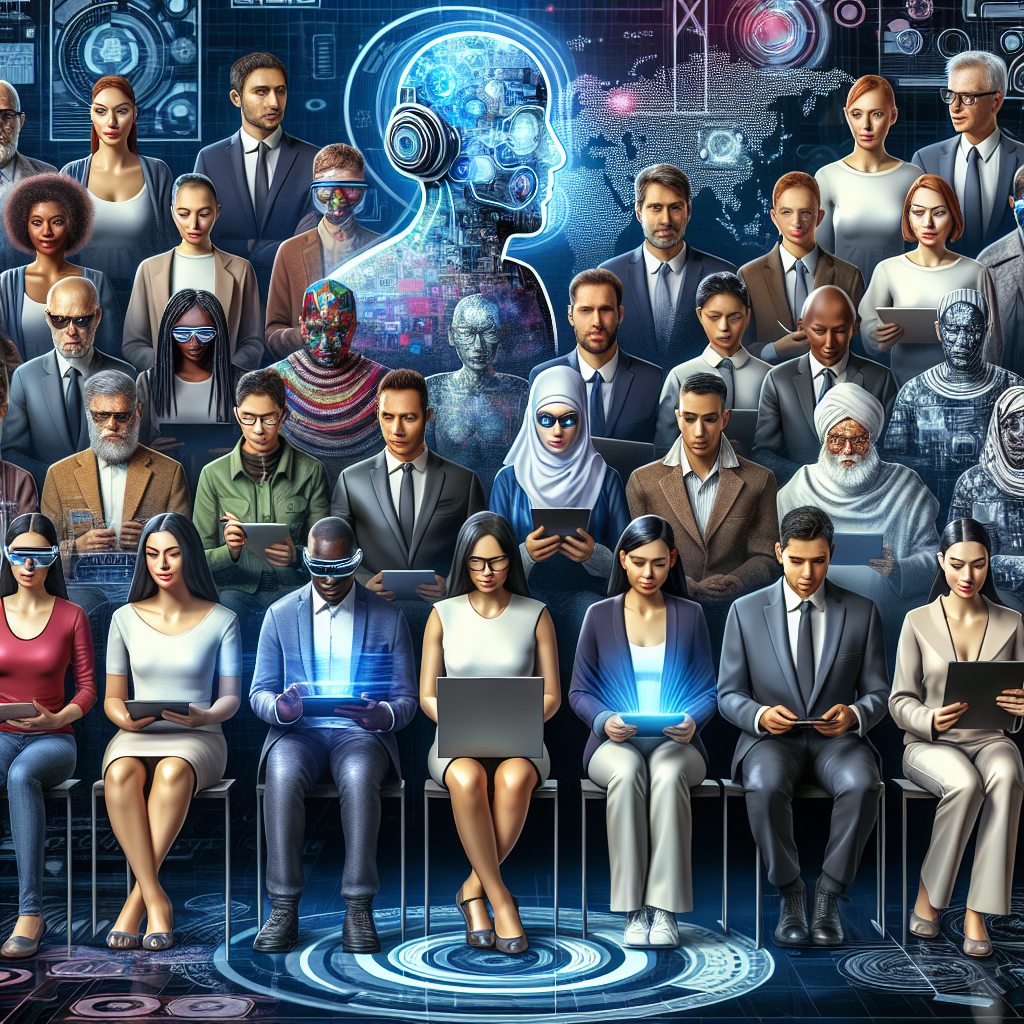AI for Everyone: The Promise of Democratization
Artificial Intelligence (AI) has been a rapidly growing field in recent years, with applications ranging from autonomous vehicles to medical diagnosis. However, the rapid advancement of AI technology has also raised concerns about its potential for misuse and the impact it may have on society. In response to these concerns, there has been a push towards democratizing AI, making it accessible to a wider audience and ensuring that its benefits are distributed more evenly.
The promise of democratizing AI is that it will enable more people to harness the power of this technology, leading to a more inclusive and equitable society. By lowering the barriers to entry and making AI tools more user-friendly, individuals and organizations of all sizes will be able to leverage AI for a variety of purposes, from improving customer service to optimizing supply chains.
One of the key ways in which AI is being democratized is through the development of user-friendly platforms that allow non-experts to build and deploy AI models. These platforms often come with pre-built models and templates that users can customize to their specific needs, making it easier for them to get started with AI. Additionally, these platforms often come with built-in tools for data processing and visualization, making it easier for users to work with large datasets.
Another way in which AI is being democratized is through the development of open-source AI frameworks and libraries. These tools are freely available to the public and allow developers to build and deploy AI models without having to start from scratch. By providing these tools to the public, developers are able to collaborate and build upon each other’s work, leading to faster innovation and advancement in the field of AI.
The democratization of AI is also being driven by the increasing availability of AI education and training programs. Many universities and online platforms now offer courses in AI, making it easier for individuals to learn the skills they need to work with AI. Additionally, organizations such as Google and Microsoft offer free AI training programs to help individuals and organizations get started with AI.
One of the key advantages of democratizing AI is that it allows smaller organizations and individuals to compete with larger companies that have traditionally had more resources to invest in AI. By making AI more accessible, smaller organizations can now leverage the power of AI to improve their products and services, leading to increased competitiveness in the market.
Furthermore, democratizing AI can also lead to more ethical AI practices. By making AI tools more accessible, more people will be able to participate in the development of AI systems and ensure that they are fair, transparent, and accountable. This can help to address concerns about bias and discrimination in AI systems and ensure that they are designed to benefit society as a whole.
In conclusion, the democratization of AI holds great promise for making this powerful technology more accessible and inclusive. By lowering the barriers to entry, providing user-friendly platforms and tools, and increasing access to AI education and training, more people will be able to harness the power of AI for a variety of purposes. This can lead to a more competitive market, more ethical AI practices, and a more equitable society overall.
FAQs:
Q: What are some examples of democratized AI tools?
A: Some examples of democratized AI tools include Google’s TensorFlow, Microsoft’s Azure Machine Learning, and IBM’s Watson Studio. These platforms provide users with pre-built models and templates that they can customize to their specific needs, making it easier for them to get started with AI.
Q: How can I get started with AI if I am not a technical expert?
A: There are many resources available for non-technical individuals to get started with AI, including online courses, tutorials, and user-friendly platforms. Organizations such as Google and Microsoft offer free AI training programs that can help you learn the skills you need to work with AI.
Q: How can democratizing AI lead to more ethical AI practices?
A: By making AI tools more accessible, more people will be able to participate in the development of AI systems and ensure that they are fair, transparent, and accountable. This can help to address concerns about bias and discrimination in AI systems and ensure that they are designed to benefit society as a whole.

